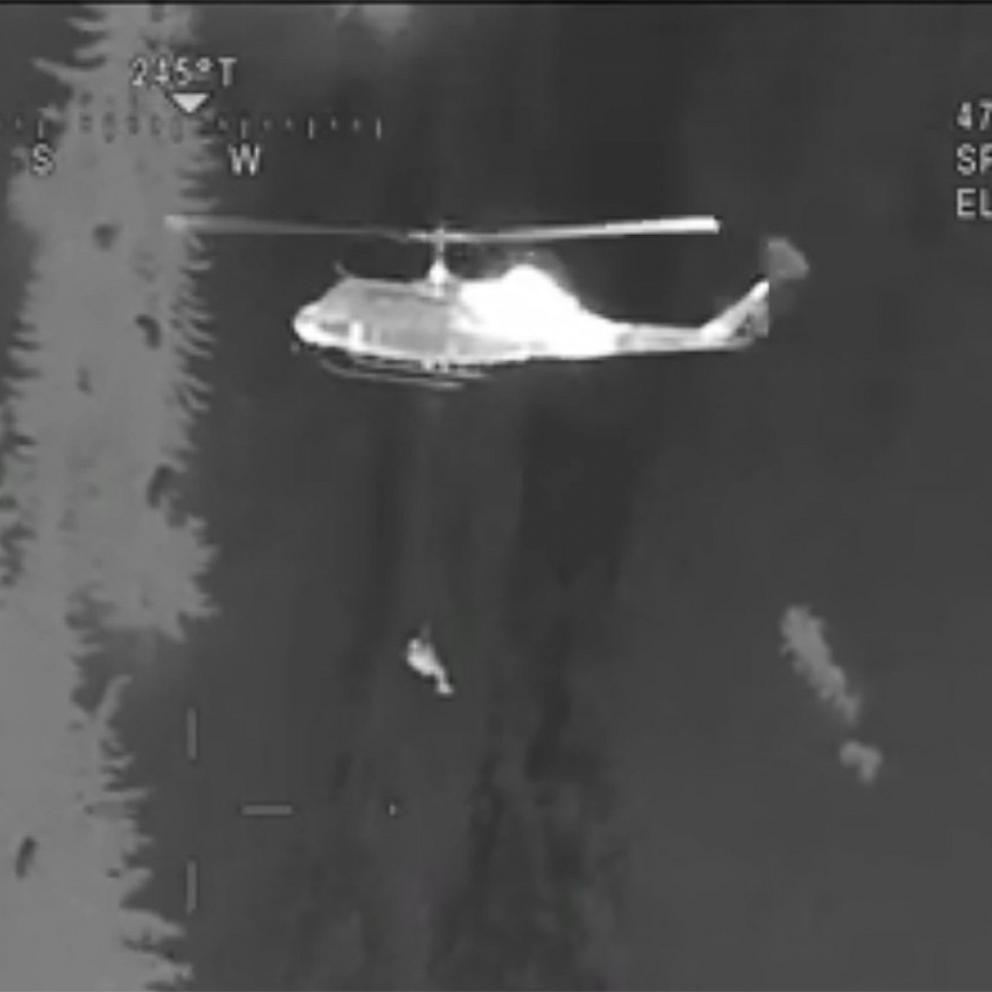90 giant African land snails found in passenger's bag at Detroit airport
A total of 90 giant African land snails have been seized by the U.S. Customs and Border Protection's Office of Field Operations in Detroit from a passenger arriving from Ghana, authorities said.
The incident occurred on June 30 at Detroit Metropolitan Airport when the massive haul of live snails was discovered "after a passenger arriving from Ghana was referred for a secondary examination after declaring various fresh food items," according to a statement released by CBP on Tuesday.
"During the baggage inspection, a tied, woven bag with an odd odor caught the attention of agriculture specialists," the statement said. "Inside the bag were Giant African Land Snails ranging from 3 to 6 inches in length. Prior to the luggage being opened, the passenger began declaring other prohibited items, such as beef skin and fresh peppers, but there was no mention of the snails, which are considered an invasive species in the U.S."
The snails were subsequently seized and humanely euthanized as a means to ensure they did not enter the ecosystem and cause havoc to U.S. agriculture, officials said.
"These snails are an invasive species that could negatively impact our economy," said acting Port Director John Nowak. "Our agriculture specialists are always keeping a watchful eye out for harmful plants, animals and insects."
CBP officials said that even though the giant African land snails were intended for consumption, they have a "voracious appetite and cause major crop damage when they escape into the environment."
"They can also pose a public health threat to humans," authorities said. "The snails can grow up to 8 inches and feed on a wide variety of plants, including many economically important crop plants, and cause structural damage by using stucco on houses to meet their calcium requirement for shell growth."
CBP officials did not say if there would be any immediate repercussions for the traveler entering the United States but they did take the opportunity to encourage those entering the United States to "learn more about current regulations before attempting to bring food items into the United States to avoid penalties, seizures, and even arrest."



